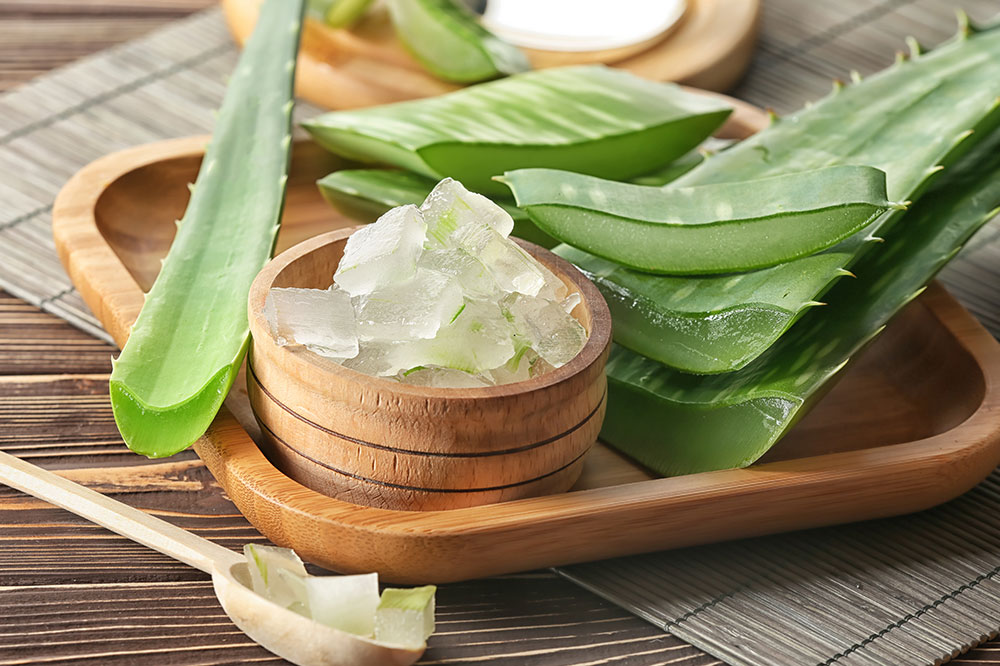11 popular plants that are toxic to dogs

For dog parents, there’s perhaps nothing more important than the well-being of their four-legged babies. From selecting the most nutritious pet foods to ensuring regular exercise and grooming, pet parents go all out to fulfill their responsibilities. However, certain unlikely foods and products may prove fatal to these adorable creatures, and pet parents must keep themselves up to date about these threats. Here’s a look at some plants that are toxic to dogs.
Aloe vera
While aloe vera may have healing properties for humans, its consumption may be toxic to dogs. Some side effects dogs may suffer upon ingesting aloe vera are vomiting, diarrhea, tremors, and even comatose in some instances. Therefore, it’s crucial to place aloe vera plants away from them.
Daffodils
If eaten, these mesmerizing spring flowers can cause several health issues among dogs, including low blood pressure, intestinal spasms, diarrhea, and, in some cases, cardiac arrhythmia.
Sago palm
This plant resembles a miniature palm tree and is popularly grown indoors as well as outdoors. However, sago palms can lead to seizures, diarrhea, liver failure, and other life-threatening conditions if ingested by a dog. While their leaves and barks are also harmful, their nuts and seeds are more toxic to our canine friends.
Eucalyptus
Eucalyptus oil can be highly toxic to dogs, leading to drooling, vomiting, diarrhea, and depression. Other tree oils like wintergreen and peppermint can also have similar effects. So, pet parents must avoid exposing their pets to these tree oils.
Tulips
While all parts of the tulip plant are harmful, the bulb particularly has several adverse effects on smaller dogs and puppies. Tremors, diarrhea, vomiting, and abdominal pain are just some of the consequences.
Garlic
The garlic plant, in all its forms, is toxic. It typically irritates a dog’s gastrointestinal tract, harms its red blood cells, and may cause effects like vomiting and diarrhea.
Onion
Like garlic, the entire onion plant is harmful. It can irritate a dog’s intestinal tract and wreak havoc on its digestive system.
Alocasia
This dark-green indoor plant with broad leaves is aesthetically pleasing but should be kept away from pets. The Alocasia plant contains calcium oxalate crystals, which can lead to severe irritation inside and outside the body. Dogs who have eaten this plant should be taken to the vet immediately.
Citrus plants
Certain citrus fruits may benefit a dog’s health, but specific parts of the plant can prove detrimental. For example, orange and lemon peels, stems, and leaves can be dangerous to dogs and should be avoided.
Tomatoes
Ripe tomatoes are safe for dogs and are incorporated into many pet foods. However, raw tomatoes and other parts of the tomato plant can prove toxic. An upset stomach, pupil dilation, arrhythmia, and weakness are some signs of tomato poisoning in dogs.
Dumb cane
This appealing house plant can be toxic to dogs, leading to vomiting, diarrhea, gagging, drooling, and coughing. Dogs may experience these symptoms even upon coming into contact with the plant. So, pet parents must avoid purchasing this plant for their homes.



